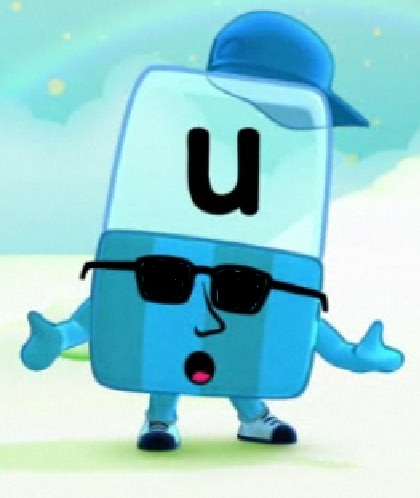
h – had, him, his, hot, hut, hop, hum, hit, hat, has, hack, hug.Set 5 introduces seven graphemes (three of which are doubled letters), with 69 new decodable words suggested. r – rim, rip, ram, rat, rag, rug, rot, rocket, carrot.u – up, mum, run, mug, cup, sun, tuck, mud, sunset.e – get, pet, ten, net, pen, peg, met, men, neck.ck – kick, sock, sack, dock, pick, sick, pack, ticket, pocket.Their ability to decode longer words will improve as their short-term memory develops.Īt this point, two “tricky words” (not fully decodable at this stage) are taught: the and to. At this stage, it is more important for children to experience success at sounding out short words.

Personally, I would leave these out if they cause problems. For the first time, some of the suggested words contain two syllables, such as pocket, sunset, etc., which some young children might find too difficult at this stage. Set 4 introduces four new graphemes, with 36 new decodable words suggested. o – got, on, not, pot, top, dog, pop, God, Mog.g – tag, gag, gig, gap, nag, sag, gas, pig, dig.Set 3 introduces four new letters, with 28 new decodable words suggested, including four high frequency words shown in italics below: d – dad, and, sad, dim, dip, din, did, Sid.m – am, man, mam, mat, map, Pam, Tim, Sam.n – an, in, nip, pan, pin, tin, tan, nap.i – it, is, sit, sat, pit, tip, pip, sip.

As each new letter is learnt, children will be able to sound out several new words, as follows:

Seven words can be used for segmenting and blending (high frequency words are shown in italics): In Set 1, the first four letters are introduced:


 0 kommentar(er)
0 kommentar(er)
